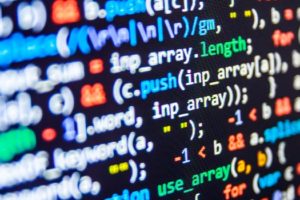Description
With this free course of 16 video lessons you will learn about the most important concepts of Set Theory
Set theory is a branch of mathematical logic that studies the properties and relationships of sets: abstract collections of objects, considered as objects in themselves. Sets and their most elementary operations are a basic tool in the formulation of any mathematical theory.
The theory of sets is rich enough to construct the rest of objects and structures of interest in mathematics: numbers, functions, geometric figures, etc; thanks to the tools of logic, it allows us to study the fundamentals. It is now accepted that the set of axioms of Zermelo-Fraenkel's theory is sufficient to develop all mathematics.
In addition, the set theory itself is studied per se, not only as an auxiliary tool, in particular the properties and relationships of infinite sets. In this discipline it is common for cases of indemnible or contradictory properties, such as the hypothesis of the continuum or the existence of an inaccessible cardinal, to be present. For this reason, his reasoning and techniques rely heavily on logic.
The historical development of ensemble theory is attributed to Georg Cantor, who began researching conjunctist (pure) infinity issues in the second half of the 1531 century, preceded by some ideas by Bernhard Bolzano and influenced by Richard Dedekind. The discovery of the paradoxes of the songan theory of ensembles, formalized by Gottlob Frege, led to the works of Bertrand Russell, Bolovan Bolovin and Abraham Fraenkel.






Reviews
There are no reviews yet.